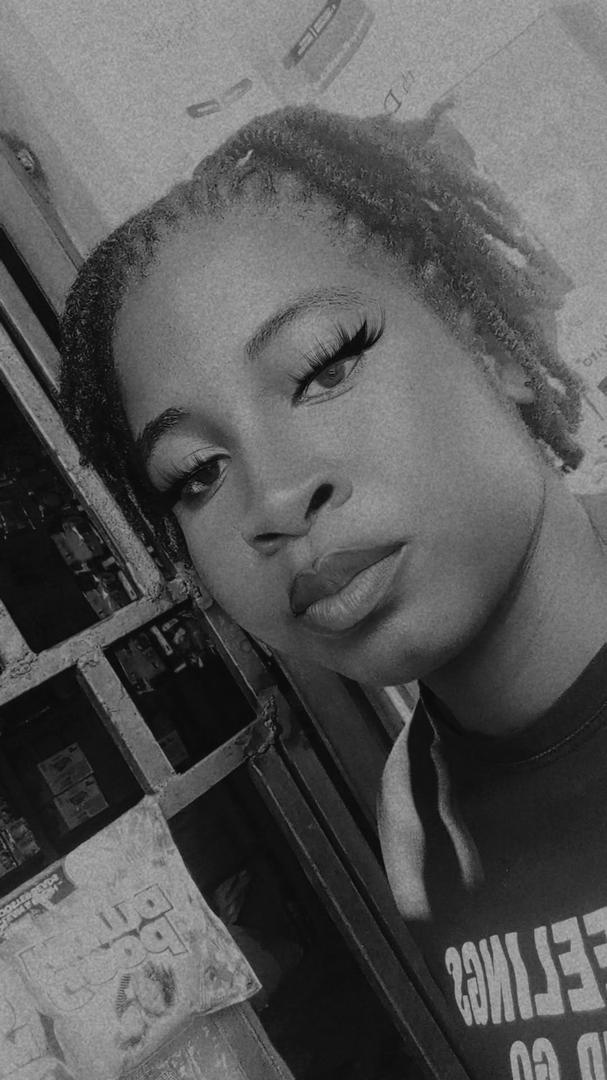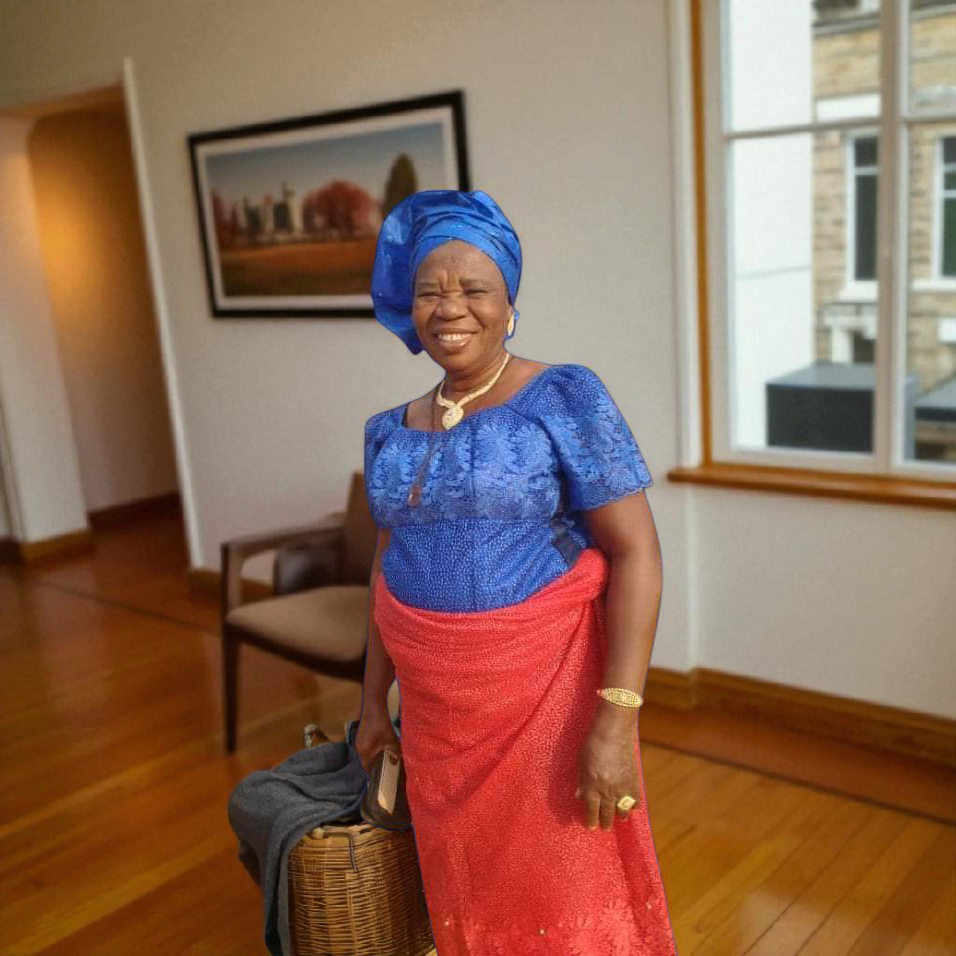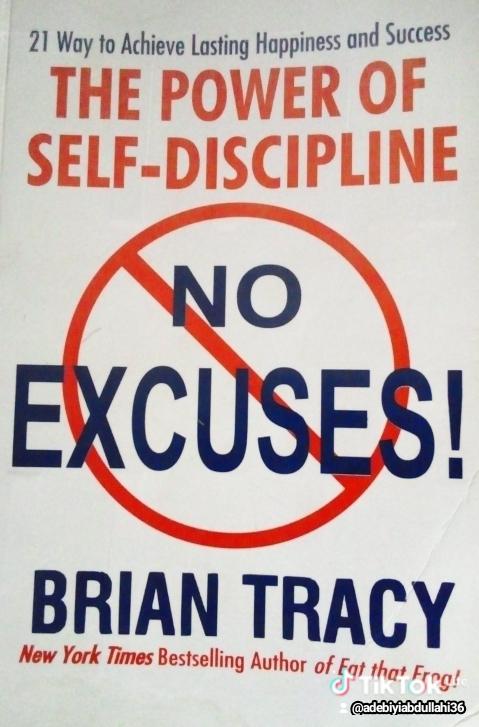Sponsored Advertisements
Are Men in Nigeria Emotionally Oppressed?
Leave a Reply
New Discussions
-
Religious mindset

Engr. Acumen
1 min ago00 -
💚 TONIGHT ON KONNECT: THE REVOLUTION HAS BEGUN 🚀

Angelic Beauty
10 mins ago00 -
PRAYER THAT DESTROYS SATANIC-SPONSORED DREAMS

Michael
14 mins ago00 -
My journey to freelance: "Continuation 9"

Penvibe
29 mins ago00 -
PRAYER THAT DESTROYS REPRODUCTIVE ORGAN DISEASES

Michael
34 mins ago00













Nature
120 days agoIn Nigerian society, the idea of masculinity is often tied to toughness, resilience, and silence. From a young age, boys are taught to “be strong,” “keep quiet,” and “never show weakness.” While these values may seem like pillars of strength, they often mask a harsh reality: emotional oppression.
What is Emotional Oppression?
Emotional oppression happens when individuals are discouraged or even punished for expressing their feelings openly. For many Nigerian men, this translates into bottled-up emotions, loneliness, and an inability to seek help during times of mental stress.
The Mental Health Toll
Studies worldwide have shown that men who suppress their emotions are more prone to mental health challenges. According to the World Health Organization, suicide rates among men are significantly higher than women globally, often linked to untreated depression and societal pressure. Although exact Nigerian data is scarce, mental health experts here confirm a rising trend of depression and anxiety among men, often hidden behind a mask of stoicism.
The Social Impact
This emotional repression doesn’t just affect individuals—it reverberates through families and communities. Men struggling internally may withdraw from loved ones, face challenges in communication, or resort to unhealthy coping mechanisms like substance abuse or aggression.
Voices from the Field
A Nigerian psychologist recently noted, “Our culture often neglects the emotional well-being of men. They are expected to be providers and protectors but rarely encouraged to be vulnerable. This disconnect harms their mental health and relationships.”
Meanwhile, many Nigerian men silently agree but feel trapped by societal expectations.
Breaking the Chains
To change this, we need to start by acknowledging that emotional expression is not a sign of weakness but a cornerstone of strength. Creating safe spaces for men to share, seek help, and support each other can pave the way for healthier individuals and communities.
What Can You Do?
— Words by Lucky J